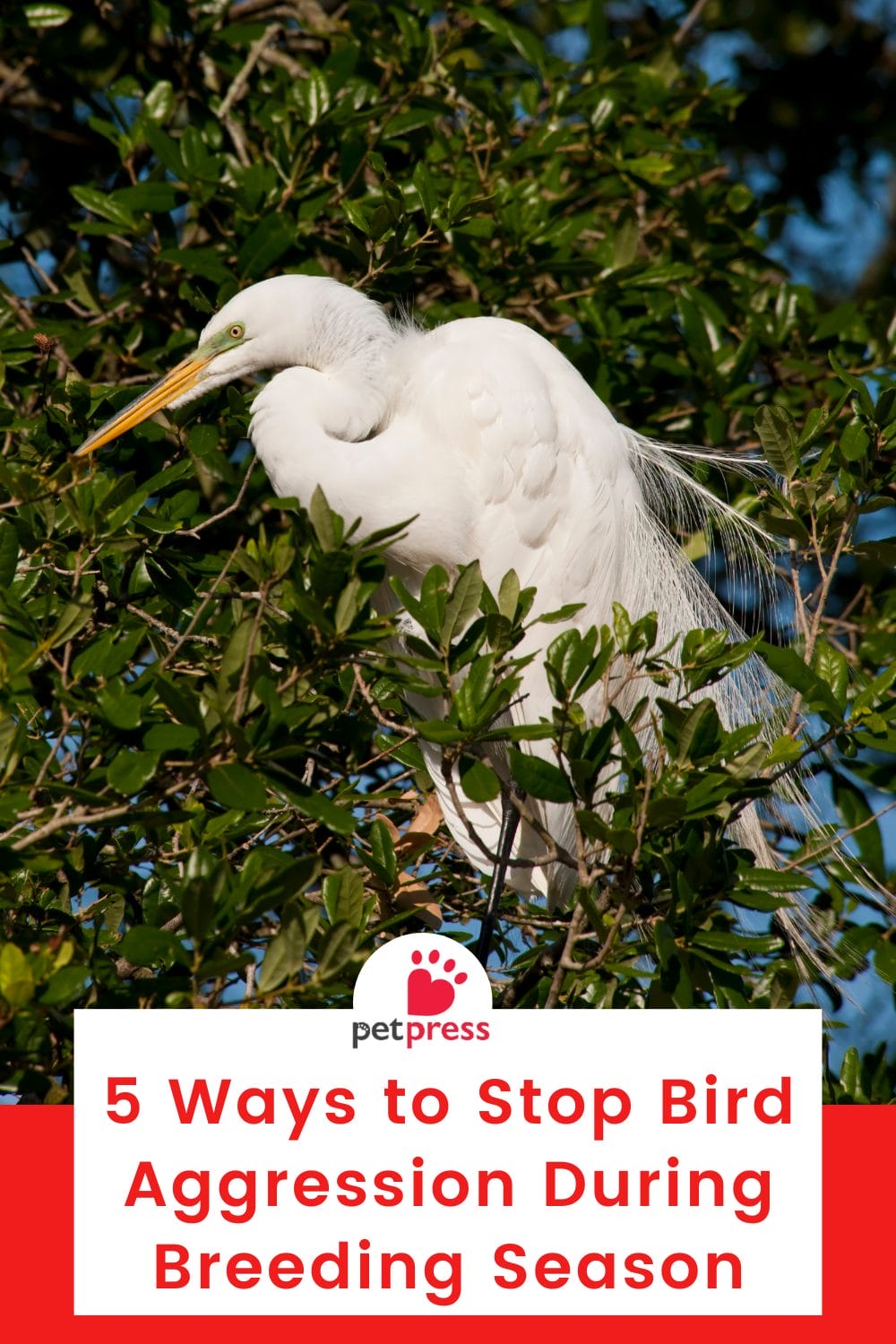
As springtime approaches, the sound of chirping fills the air, but so can the signs of bird aggression during breeding season. This surge in spunky behavior can startle many pet owners. From nippy parakeets to feisty finches, our feathered friends can become quite a handful.
Understanding why our birds turn from chirpy to chippy is key during these bustling months. There is no need to ruffle your own feathers, though; managing this behavior is possible. Recognizing the signs and knowing how to respond can make all the difference.
We’re here to share five tried-and-true methods to help keep peace in your aviary. So, get ready to transform tension into tranquility with our insightful guide.
What triggers the bird’s aggression?
When our birds start to channel their inner hawk, it’s a sign that breeding season is here. This period, brimming with feisty behavior, is fueled by nature’s call. The hormones that prompt our birds to mate also crank up their moody meter, making aggression more common.
It’s not just the hormones stirring up the nest; it’s also about claiming space. Birds get territorial, wanting a prime spot to woo their mate and raise their young. Like us vying for that perfect home, they’re just trying to set up the best start for their future family.
Each breed shows its zest in different ways. African Greys may become chattier with a side of sass, while lovebirds pair up, urging their single cage mates to keep their distance.
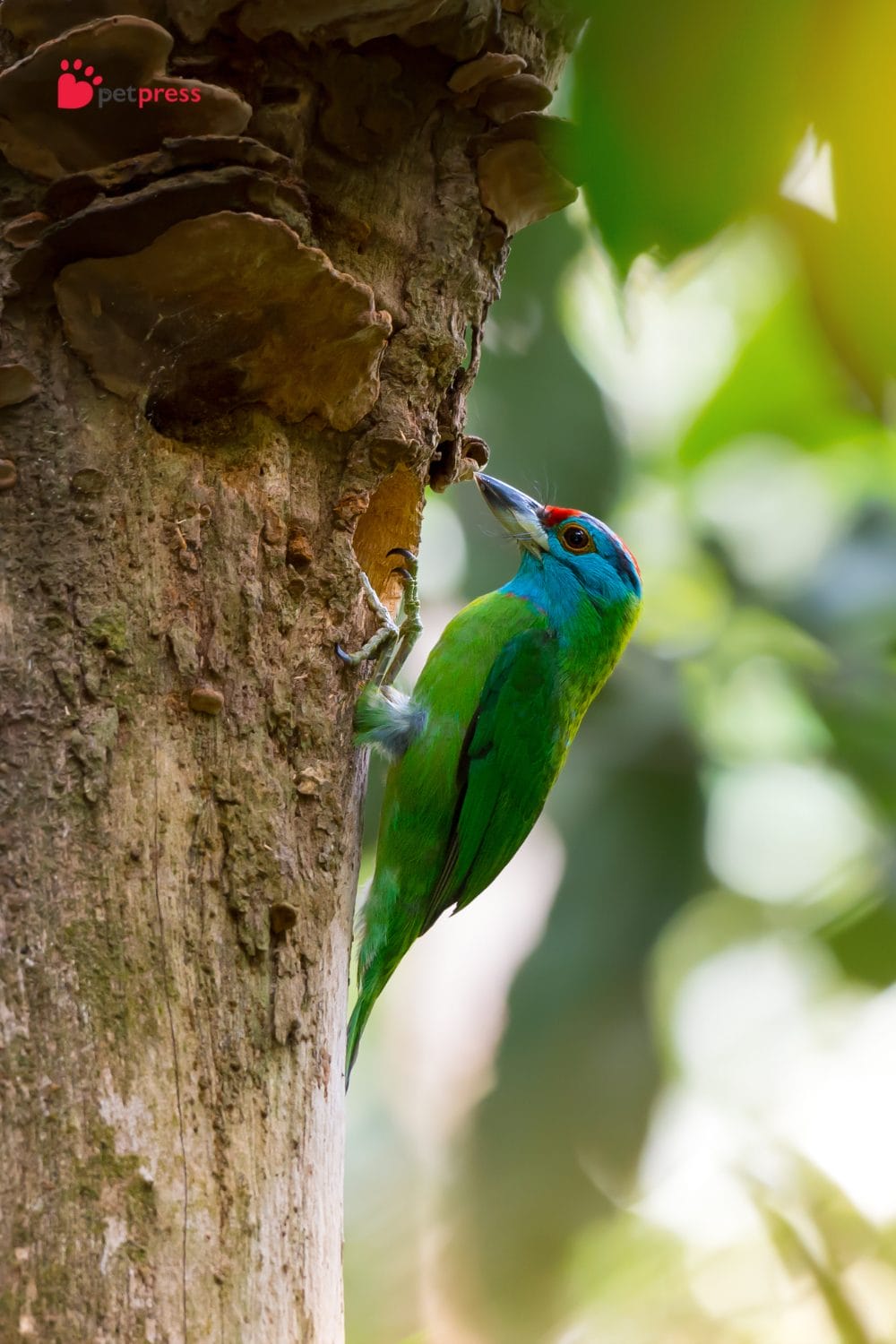
How to Stop Bird Aggression During Breeding Season
1. Create a Calm Environment
A calm environment can soothe the heightened nerves of birds during the breeding season. Diminished stress in their habitat can greatly reduce instances of bird aggression.
Here’s how to set the environment calm for the breeding birds:
- Use soft, natural lighting to mimic their natural settings.
- Keep noise levels down; sudden sounds can startle birds.
- Incorporate natural plants and branches for a familiar environment.
- Maintain a clean space, free of clutter and chaos.
- Introduce calming background sounds, like gentle rainfall or soft music, to relax your birds.
Routine is the hidden rhythm that birds dance to, especially during the frenzy of breeding season. Consistent feeding times, play sessions, and rest periods create a reliable world for them. A bird well-versed in its daily happenings is less prone to the outbursts of breeding season blues.
2. Offer Plenty of Space
Birds value their space as much as we do, especially during the breeding season. A cramped bird is often a cranky bird, and when hormones are flying high, personal space is precious.
The size of your bird’s cage or the aviary space can make a huge difference in their demeanor. Adequate room not only allows for comfortable nesting but also reduces the pressure that can trigger squabbles. When each bird has its own space to retreat to, the likelihood of aggressive confrontations plummets.
Here’s how to arrange your bird’s living area to prevent aggression:
- Arrange Multiple Perches: Ensure there are enough perches for all your birds so everyone has a spot to roost.
- Diversify Feeding Stations: Have multiple feeding areas to prevent competition and pecking over food.
- Nesting Nooks: If possible, provide several nesting sites to give pairs their own private corner.
- Toys and Distractions: Scatter toys throughout to keep your birds entertained and less focused on each other.
- Room to Fly: Make sure there’s ample space for your birds to stretch their wings and fly without bumping into each other.
Remember, a spacious and well-arranged habitat is not just a luxury; it’s an essential part of keeping your birds harmonious and happy.
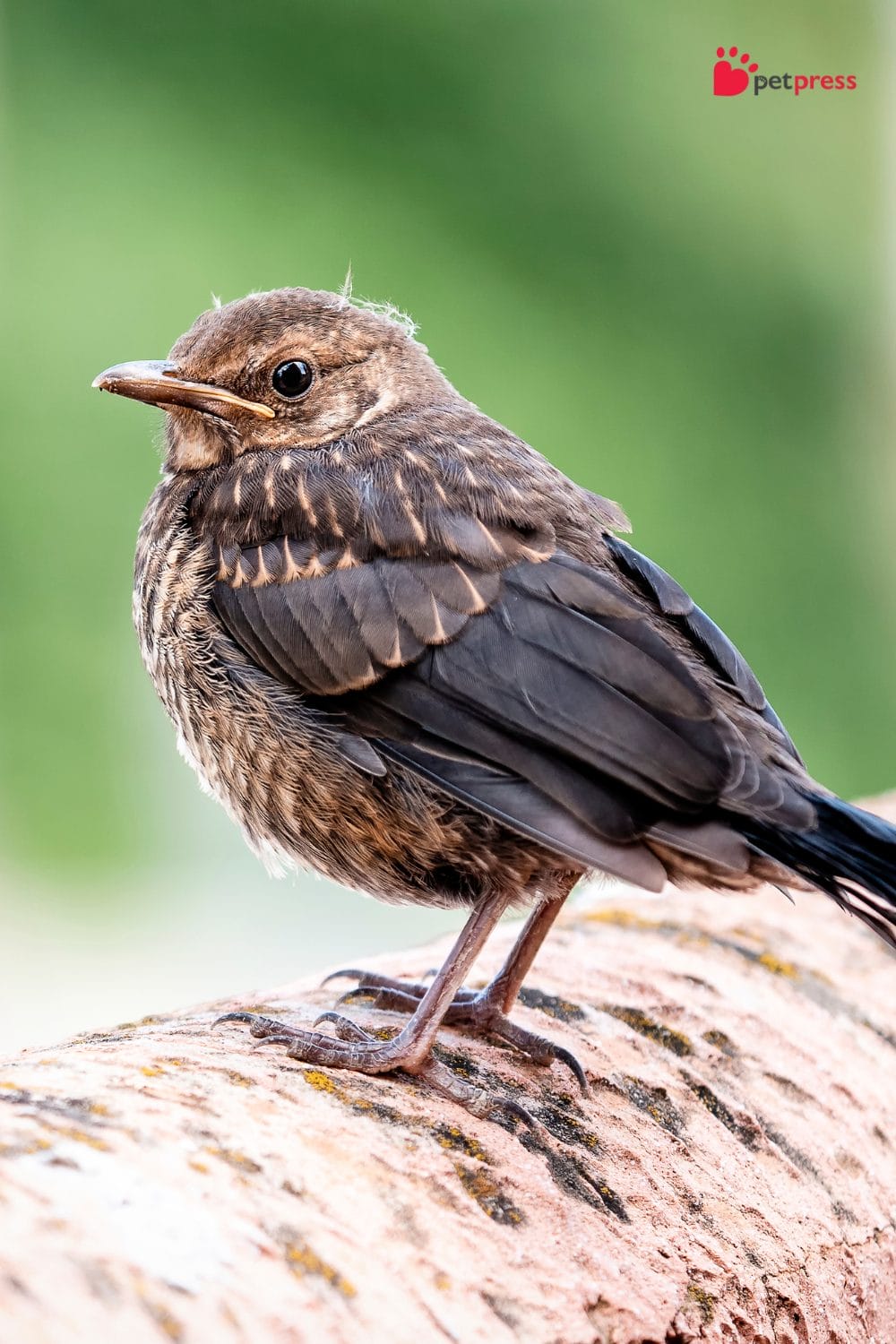
3. Provide Ample Resources
When it comes to mitigating bird aggression during breeding season, providing an abundance of resources is like hitting the sweet spot. Ensuring each bird has access to its own helping of essentials keeps the squabbles scarce.
A bird with all its needs met is one happy beak in the flock. Make sure your avian pals have more than enough food, fresh water, and nesting materials. This not only ensures they stay healthy but also lessens the likelihood of territorial tiffs over who gets the prime pickings.
Strategies to reduce competition among birds:
- Divide and Conquer: Use separate feeding stations to give each bird its own dining area.
- Water Woes Begone: Multiple water dispensers mean less jostling for a drink.
- Nest the Best: Provide a variety of nesting material options spread across the enclosure.
By catering to our birds’ basic needs with generosity, we pave the way for a harmonious habitat. Less rivalry for resources means more moments of avian affection, making the breeding season a breeze.
4. Monitor Interaction Closely
Birds communicate volumes through their body language, and a close watch can help you decode their feelings. Observing interactions between your feathered friends can prevent a scuffle from becoming a full-blown squabble.
Much like people, birds use body posture and actions to express themselves. A relaxed bird might sing or preen, while an aggravated one may puff up or flick its tail. Learning these cues is essential to maintaining harmony in the birdhouse.
When to Intervene in Aggressive Behavior
Intervening at the right time is crucial to stopping a minor peck from turning into a harmful bite. If you notice your birds getting too close for comfort, it’s time to step in calmly and distract them. Early intervention keeps everyone safe and stress-free.
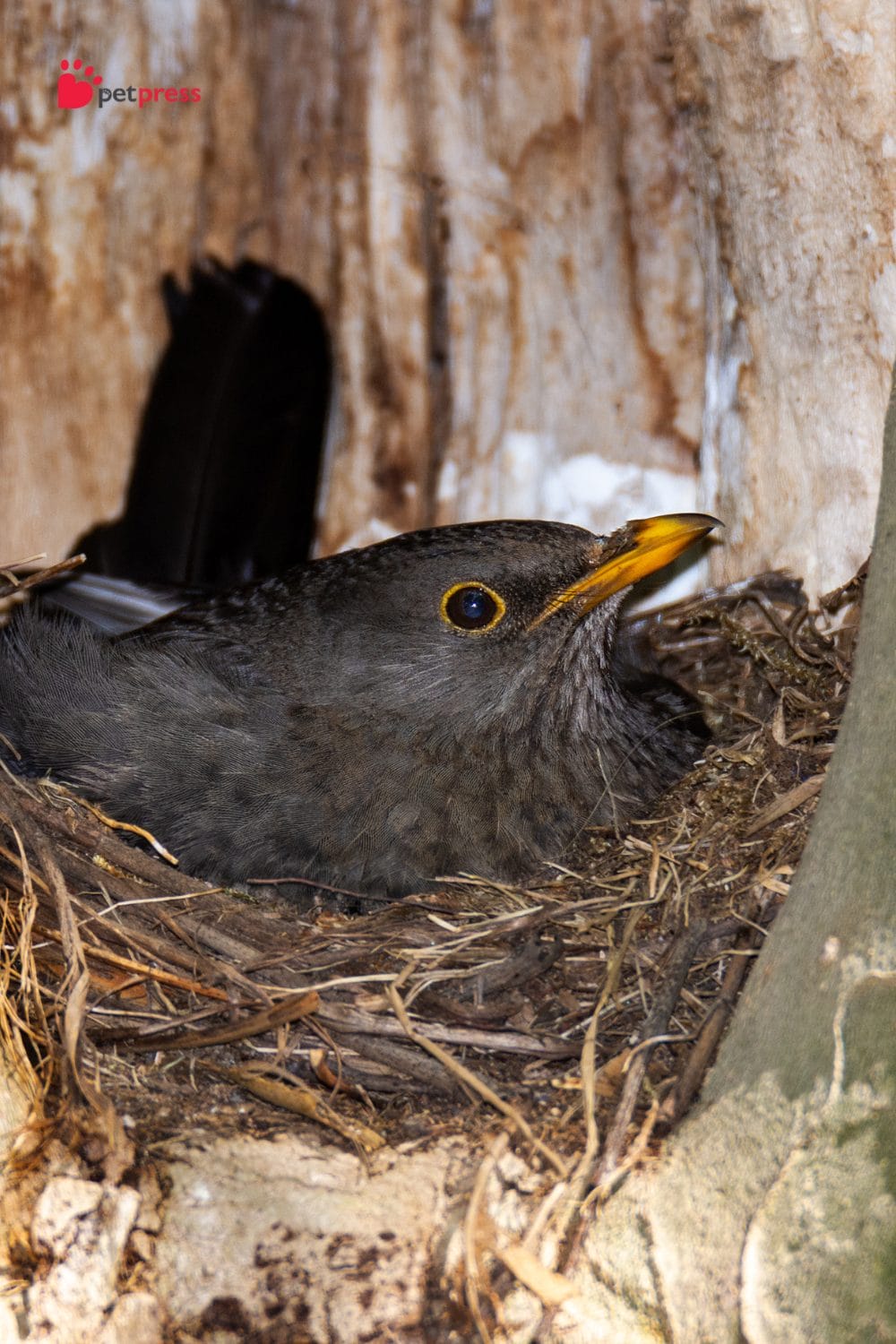
5. Seek Professional Advice
Sometimes, bird behavior can stump even the most seasoned pet parents. If your usual tricks aren’t calming the storm, it may be time to seek professional advice. Avian behaviorists are the whisperers of the bird world, trained to decode feathery frowns into smiles.
Remember, each bird breed has its quirks. A specialist can offer heartfelt, tailored advice for your conure’s conniptions or your cockatiel’s tantrums. Their expertise can turn your bird’s squawks into songs, ensuring harmony reigns in your home once more.
Don’t hesitate to ask for help. It’s a sign of strength and dedication to your feathered friend’s well-being. With the right guidance, bird aggression during the breeding season can be managed, paving the way for a happy, healthy bond with your bird.
Conclusion
As we wrap up our flight through the turbulent skies of bird aggression during breeding season, remember, it is a journey through natural instincts. These methods are your navigational stars to guide you to peaceful coexistence with your feathered companions.
Patience and consistency are your co-pilots on this voyage. Bird behavior won’t change overnight, especially when hormones are flapping the controls. But with steadfast love and understanding, the rough winds of the breeding season can be smoothed out. Your persistence will build a bond of trust that lasts well beyond the season’s end.
So, keep these tips under your wing as you embark on the breeding season adventure. Share your stories, spread the word, and remember, every chirp and peck is just part of the conversation with your avian ally. Together, you can weather the squalls and bask in the sunny skies of companionship that await.
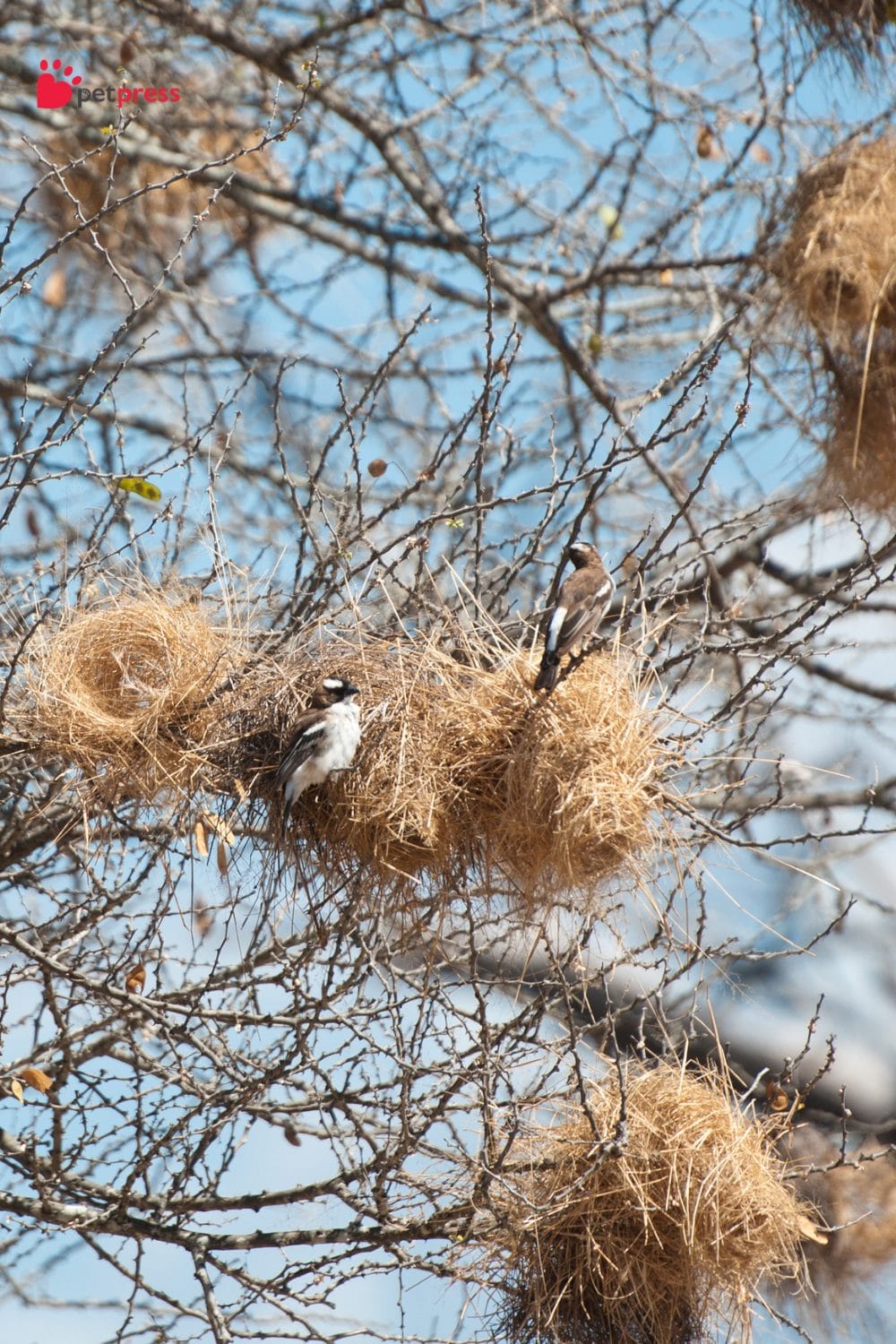
FAQs About Bird Aggression During Breeding Season
Birds naturally become more territorial and protective during breeding season due to hormonal changes, which can lead to aggressive behavior to protect their nesting area.
Yes, prolonged aggression can lead to stress, which may impact a bird’s health. It’s important to manage aggression to maintain your bird’s well-being.
Separation can reduce conflict, but it must be done carefully to avoid additional stress. Always monitor their behavior closely.
A well-balanced diet is crucial, but consult a vet before making changes. Sometimes, a diet adjustment can positively affect your bird’s mood.
Interaction can help, but if your bird is extremely aggressive, give it space. Increase bonding time gradually as behavior improves.
- Does Cat Litter Melt Ice? The Complete Guide to Winter Safety - January 30, 2026
- Happy Tail Dogs: Understanding This Common Canine Condition - January 29, 2026
- How Cold Can Outdoor Cats Handle? Feline Winter Safety - January 27, 2026


GIPHY App Key not set. Please check settings